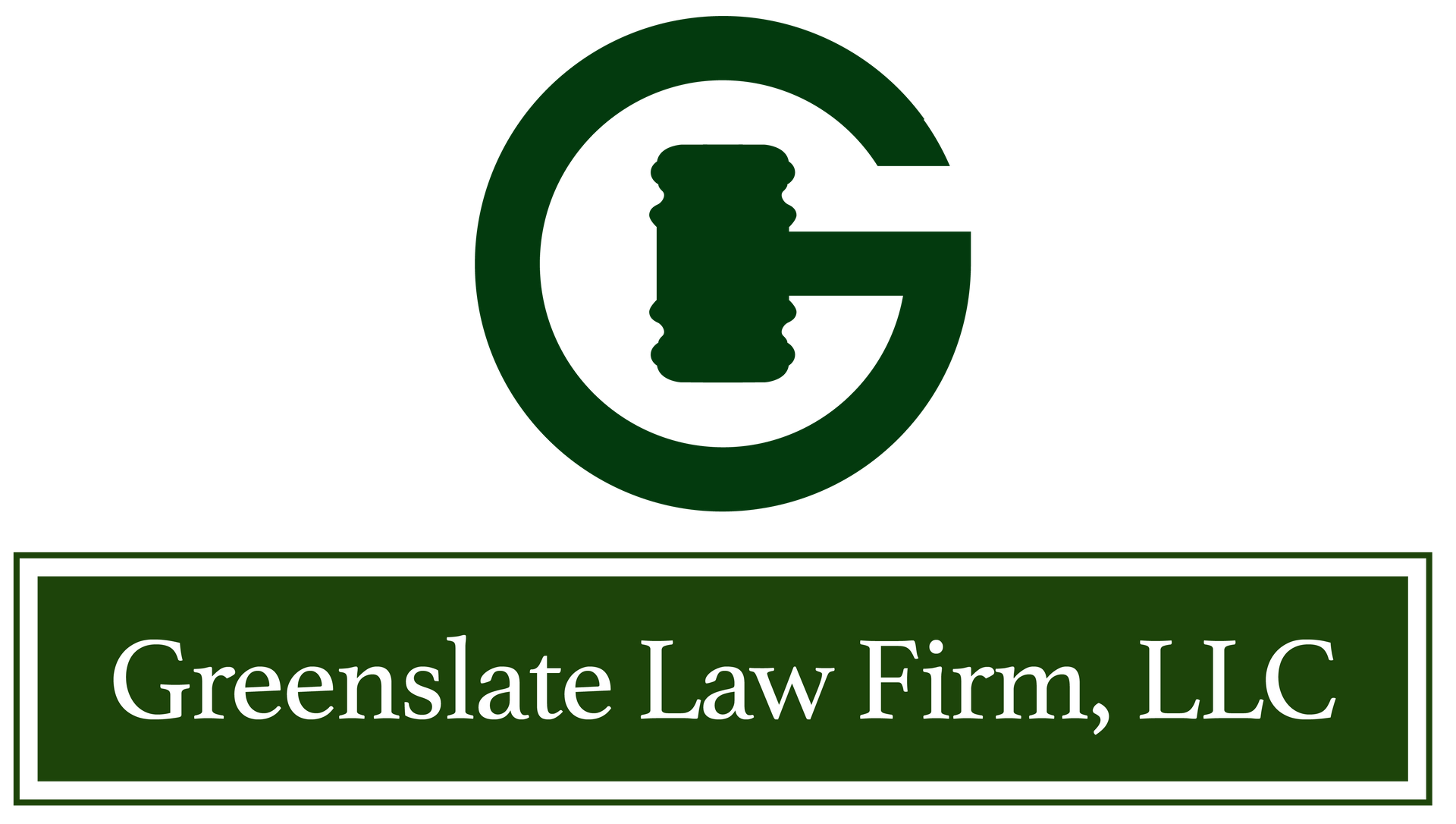Understanding Property Owner Duties in Safety Harbor
Property owners in Safety Harbor have specific legal obligations to maintain reasonably safe conditions for visitors, customers, and guests. These duties vary depending on the visitor's classification and the type of property involved, but understanding these responsibilities helps determine liability when accidents occur on someone else's property.
Safety Harbor's mix of commercial establishments, residential properties, and public spaces creates diverse scenarios where premises liability law applies. From waterfront restaurants to retail shops and community centers, each type of property presents unique safety challenges and corresponding legal obligations.
Classifications of Visitors and Their Rights
Florida law categorizes property visitors into three main groups: invitees, licensees, and trespassers. Business customers and invited guests receive the highest level of protection as invitees, meaning property owners must actively inspect for hazards and maintain safe conditions. Licensees, such as social guests, receive moderate protection, while trespassers have limited rights to safety.
Understanding your status as a visitor helps determine the strength of any potential premises liability claim. Business patrons shopping at Safety Harbor establishments typically qualify as invitees, giving them strong legal protection if they're injured due to unsafe property conditions.
Common Safety Harbor Premises Liability Scenarios
Waterfront properties in Safety Harbor face unique challenges due to their proximity to Tampa Bay. Wet surfaces from sea spray, uneven dock surfaces, and inadequate lighting near water features create slip and fall hazards. Property owners must address these maritime-related risks through proper maintenance, drainage, and safety measures.
Historic downtown buildings may present accessibility challenges and aging infrastructure issues that contribute to premises liability concerns. Uneven sidewalks, inadequate handrails, and poor lighting conditions require property owners to take reasonable steps to address known hazards or warn visitors appropriately.
Maintenance Standards and Inspection Duties
Property owners cannot simply wait for accidents to happen before addressing safety concerns. Regular inspection schedules help identify potential hazards before they cause injuries. The frequency and thoroughness of inspections depend on factors like foot traffic volume, property type, and known risk factors.
Reasonable maintenance standards require property owners to fix known problems promptly and implement appropriate warning systems when immediate repairs aren't possible. This includes adequate lighting, proper drainage, secure handrails, and clear pathways free from obstacles and debris.
Warning Requirements and Hazard Communication
When property owners cannot immediately eliminate hazards, they must provide adequate warnings to visitors. Effective warning systems include proper signage, barriers, and alternative routes that allow visitors to avoid dangerous areas safely. The adequacy of warnings depends on their visibility, clarity, and placement relative to the hazard.
Temporary hazards, such as those created during maintenance or cleaning activities, require immediate warning measures. "Wet floor" signs, caution tape, and verbal warnings help protect visitors while addressing the underlying safety concern.
Special Considerations for Different Property Types
Restaurants and bars in Safety Harbor face particular scrutiny regarding spill cleanup procedures and floor maintenance. Food service establishments must implement systems for quickly addressing liquid spills and maintaining clean, dry walkways. Outdoor dining areas present additional challenges related to weather conditions and uneven surfaces.
Retail establishments must consider product display methods, aisle width requirements, and customer flow patterns that affect safety. Heavy or unstable merchandise displays can create falling object hazards, while crowded aisles may impede emergency egress during incidents.
Weather-Related Liability Issues
Florida's frequent rain showers create ongoing premises liability challenges for Safety Harbor property owners. Entrances and covered areas must have adequate drainage and slip-resistant surfaces to handle sudden weather changes. Property owners cannot simply claim that rain creates "natural" hazards beyond their control.
Hurricane and storm preparedness also affects premises liability. Property owners must secure outdoor furniture, signage, and other items that could become projectiles during severe weather events. Post-storm cleanup and hazard assessment duties continue until normal safety conditions are restored.
Proving Premises Liability Claims
Successful premises liability cases require demonstrating that property owners knew or should have known about dangerous conditions. This involves showing either actual knowledge of hazards or that reasonable inspection would have revealed the problem. Evidence may include maintenance records, incident reports, witness testimony, and expert analysis of safety standards.
Documentation plays a crucial role in premises liability cases. Photographs of the accident scene, witness statements, and medical records connecting injuries to the incident provide essential support for claims. Security camera footage, when available, often provides the most compelling evidence of how accidents occurred.
Our slip and fall practice at Greenslate Law Firm has extensive experience handling premises liability cases throughout Safety Harbor and the Tampa Bay area. We understand the specific safety challenges faced by different types of properties and work diligently to hold negligent property owners accountable for maintaining safe conditions.
If you've been injured due to unsafe property conditions in Safety Harbor, don't let property owners escape responsibility for their negligence. Contact Greenslate Law Firm at (813) 609-9220 to discuss your case with experienced premises liability attorneys. We'll thoroughly investigate the circumstances of your accident and fight to secure the compensation you deserve while protecting your rights throughout the legal process.
